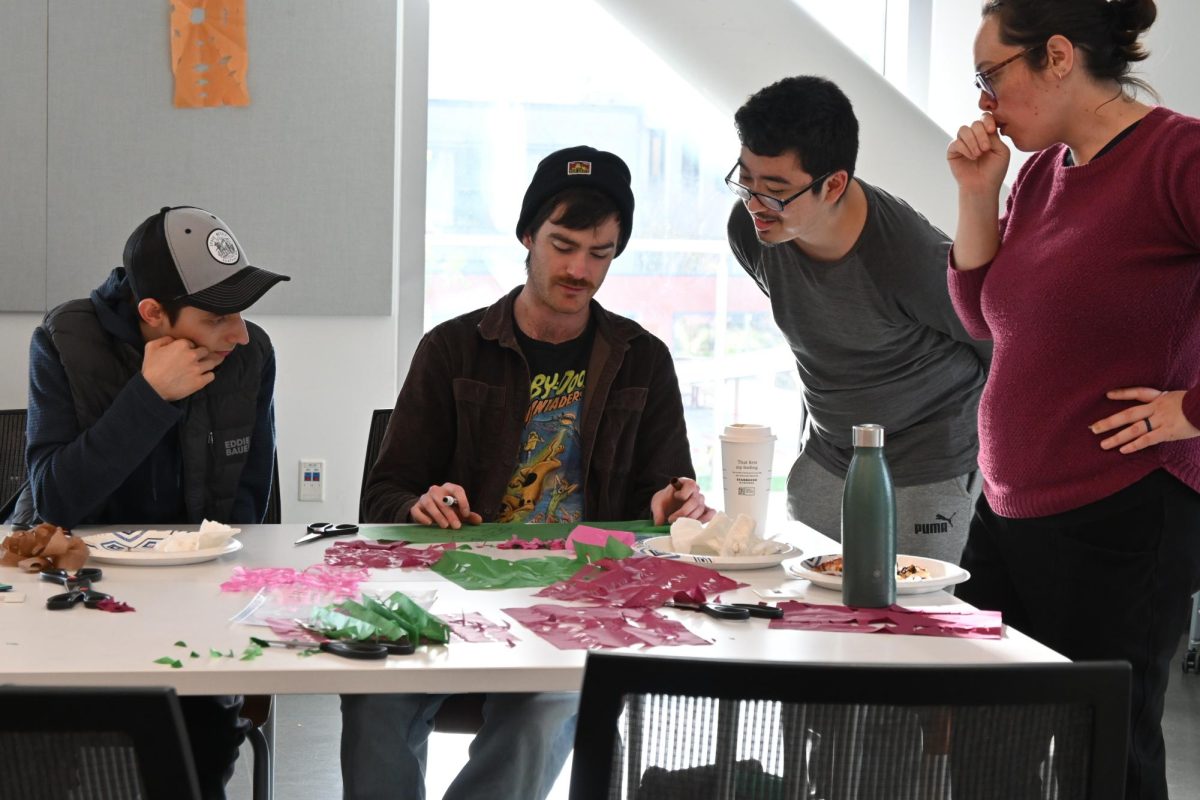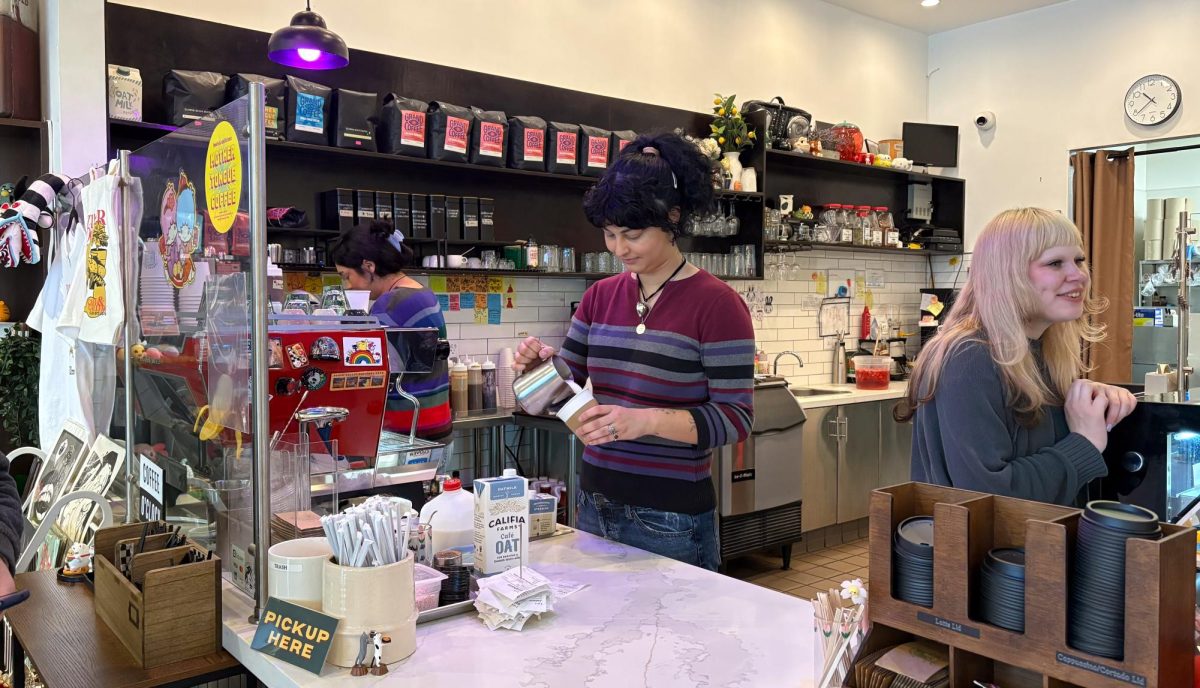For many people, college serves as their first real world experience—having to be accountable for one’s own well-being, personal finances, time management and basic needs can be severely stressful.
For CSUEB students in particular, the National College Health Assessment (NCHA) for 2010 showed that individual academic performance suffered 25.5% amongst the student population due to stress.
In the past 12 months, factors that students found most traumatic and stressful to deal with were as follows: academics 42.1%, finances 41.4%, relationships 32.4% and career related issues 28.7%.
According to CSUEB’s Health Educator, Jenny Chu, the number one stressor for students at the East Bay campus is relationships.
“My biggest stressors are definitely a combination of work and school,” said student Van Phan. “On top of that, I’m struggling to pay my bills and I am constantly having problems with my crappy car.”
There are many symptoms of stress. Some of the more common include insomnia, anxiety, headaches, memory problems, upset stomach, loss of appetite and change in sleeping patterns.
Stress negatively impacts the body’s immune system, which can easily make students sick. It can often lead to more serious health problems.
In fact, one in four young adults will suffer from depression by age 24.
“I feel stressed on a daily basis,” said student Maria Hernandez. “It gets worse when something big is coming up, like midterms. At times, I feel too overwhelmed to deal with daily life. I feel constant strain on me physically and mentally.”
Students should acquire skills to better manage their stress. Some tips suggested by Student Health Services are to manage your time, communicate effectively, build a support system, think positively, exercise and relax.
“I relieve stress by running around Lake Merritt once a day,” said student Steven Chu. “I also have a strong friend and family support system and I stay confident.”
Fortunately for East Bay students, the university provides a wide variety of resources for dealing with stress: counselors, massage therapy, exercise classes, physical therapy and sleep clinics.
Counseling is free and a 30-minute session for massage therapy is $15 for students and $25 for staff.
There is also a free sleep clinic to help students regulate their irregular sleeping patterns.
“Having disciplined sleep patterns can help to relieve a lot of stress,” said Jenny Chu. “I feel that we have a lot of available resources for students. Still, since our student population is constantly growing, we can always expand more.”
For many people, college serves as their first real world experience—having to be accountable for one’s own well-being, personal finances, time management and basic needs can be severely stressful.
For CSUEB students in particular, the National College Health Assessment (NCHA) for 2010 showed that individual academic performance suffered 25.5% amongst the student population due to stress.In the past 12 months, factors that students found most traumatic and stressful to deal with were as follows: academics 42.1%, finances 41.4%, relationships 32.4% and career related issues 28.7%.According to CSUEB’s Health Educator, Jenny Chu, the number one stressor for students at the East Bay campus is relationships.
“My biggest stressors are definitely a combination of work and school,” said student Van Phan. “On top of that, I’m struggling to pay my bills and I am constantly having problems with my crappy car.
”There are many symptoms of stress. Some of the more common include insomnia, anxiety, headaches, memory problems, upset stomach, loss of appetite and change in sleeping patterns.Stress negatively impacts the body’s immune system, which can easily make students sick. It can often lead to more serious health problems.
In fact, one in four young adults will suffer from depression by age 24.
“I feel stressed on a daily basis,” said student Maria Hernandez. “It gets worse when something big is coming up, like midterms. At times, I feel too overwhelmed to deal with daily life. I feel constant strain on me physically and mentally.”
Students should acquire skills to better manage their stress. Some tips suggested by Student Health Services are to manage your time, communicate effectively, build a support system, think positively, exercise and relax.
“I relieve stress by running around Lake Merritt once a day,” said student Steven Chu. “I also have a strong friend and family support system and I stay confident.”
Fortunately for East Bay students, the university provides a wide variety of resources for dealing with stress: counselors, massage therapy, exercise classes, physical therapy and sleep clinics.
Counseling is free and a 30-minute session for massage therapy is $15 for students and $25 for staff.
There is also a free sleep clinic to help students regulate their irregular sleeping patterns.
“Having disciplined sleep patterns can help to relieve a lot of stress,” said Jenny Chu. “I feel that we have a lot of available resources for students. Still, since our student population is constantly growing, we can always expand more.”














